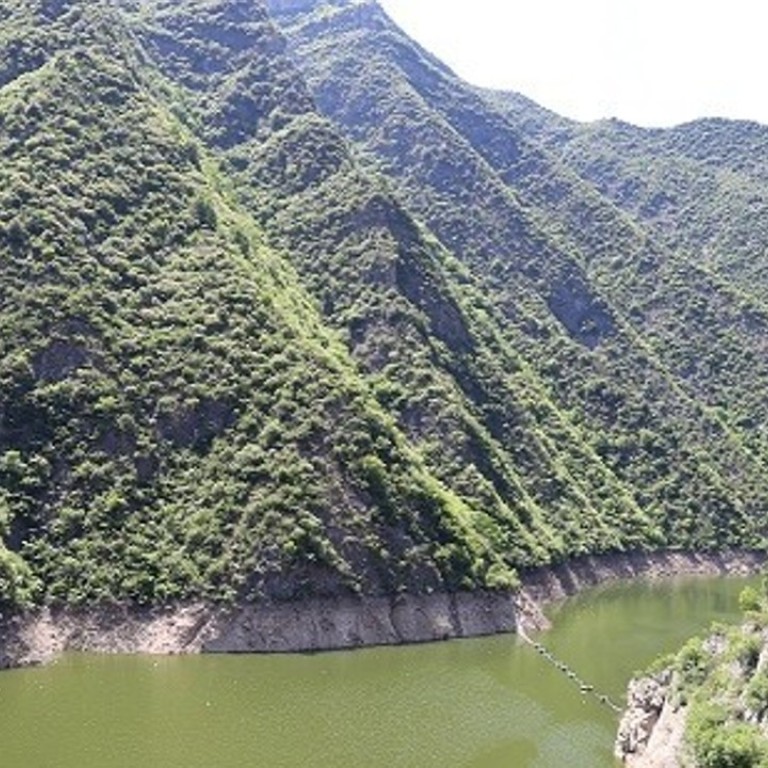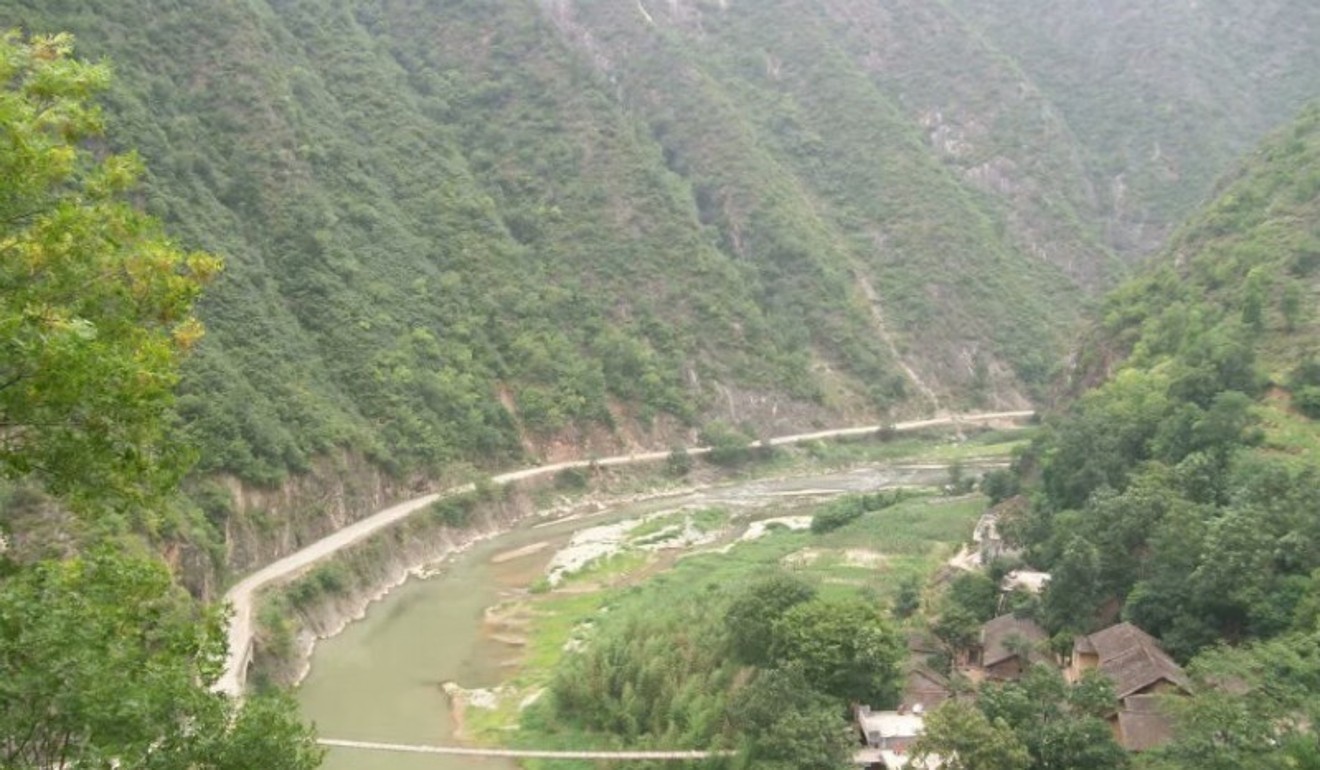
Chinese police investigate official for ‘flooding village to build illegal dam’
Villagers claim they were forced from their homes by enforcers 10 years ago to make room for illegal development
Police in northwestern China have reportedly launched a formal investigation into a local government official accused of flooding and destroying an entire village to build his own hydropower station.
The decision was made late last month, 10 years after the construction of the dam in Shanyang county, Shaanxi province, Huashang Daily reported on Sunday.
Liu Minghou, director of Shanyang county’s liaison office in the provincial capital Xian, allegedly built the illegal dam with his own funds and drove hundreds of farmers out of Jinpen village in the flooded valley.
Thugs brandishing pickaxes forced reluctant farmers to move to higher ground where they watched their homes disappear beneath the surface of the new lake in 2007, according to an earlier report by the same newspaper in May.
The villagers claimed the enforcers were paid by Liu who owned a majority share in the hydro plant and had invested 100 million yuan (US$15 million) in the project.
Liu and his wife, Mao Haiqin, who is also a public servant in the county, owned several companies and had amassed an enormous fortune, the newspaper reported.

Over the last few years the couple had been warned internally by their supervisors for violating disciplinary regulations but they have continued in their posts in the county government.
The Chinese government forbids public servants from taking part in any form of commercial activities to avoid conflicts of interest.
Liu could not be reached for comment.
Villagers claimed they had received little compensation for their lost buildings and farmland. Jinpen was once regarded one of the most prosperous villages in the region because it was on fertile land next to a small river.
Now the residents are living in hastily built houses on higher and less productive ground.
An unnamed official said the project did not have the full construction permits it needed, but was given the green light by senior county officials due to its importance to the local economy.

